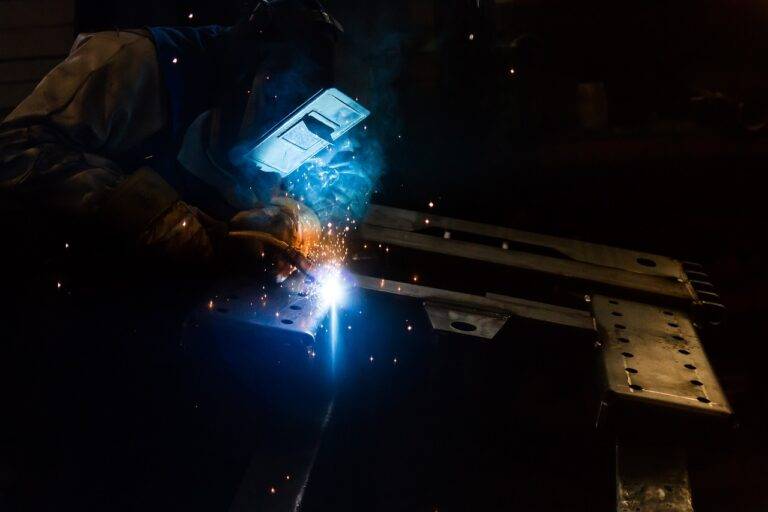Space Exploration Technologies: Advancements and Ambitions
Advancements in space exploration technology have revolutionized the way we understand and navigate the cosmos. From powerful rockets and spacecraft to sophisticated satellite systems, the possibilities for further exploration seem boundless. These innovations have not only enabled us to journey deeper into space but also to gather valuable data and insights that were once beyond our reach.
Moreover, the development of robotics and artificial intelligence has played a crucial role in expanding the scope of space missions. Robots equipped with various sensors and tools can now perform intricate tasks on distant planets or in environments too hazardous for human exploration. This expansion of capabilities has opened up new avenues for scientific discovery and exploration, paving the way for future space missions that were once deemed impossible.
Mars Colonization Plans
One of the most ambitious endeavors in the realm of space exploration is the prospective colonization of Mars. As scientists and engineers continue to push the boundaries of technological innovation, plans for establishing a human presence on the red planet are steadily becoming more concrete.
The colonization of Mars poses numerous challenges, from the grueling journey through space to the harsh conditions on the planet itself. However, with advancements in propulsion systems, habitat design, and life support technologies, the dream of a sustainable human settlement on Mars is inching closer to reality.
What technological innovations are being used in space exploration for Mars colonization?
Technological innovations such as reusable rockets, advanced life support systems, and autonomous robots are being utilized for Mars colonization.
What are the current plans for colonizing Mars?
Current plans for colonizing Mars involve sending robotic missions to establish infrastructure, followed by crewed missions to set up habitats and begin long-term colonization efforts.
How will humans survive on Mars?
Humans will survive on Mars by living in sealed habitats equipped with life support systems that provide breathable air, water, and food.
What challenges do colonizers face on Mars?
Colonizers on Mars face challenges such as extreme weather conditions, radiation exposure, and psychological stress from long periods of isolation.
How long will it take to establish a permanent colony on Mars?
It is estimated that it will take several decades to establish a permanent colony on Mars, with initial missions focused on building infrastructure and conducting research.
What are the potential benefits of colonizing Mars?
The potential benefits of colonizing Mars include expanding human civilization to another planet, conducting scientific research, and securing a backup for humanity in case of Earth’s destruction.





